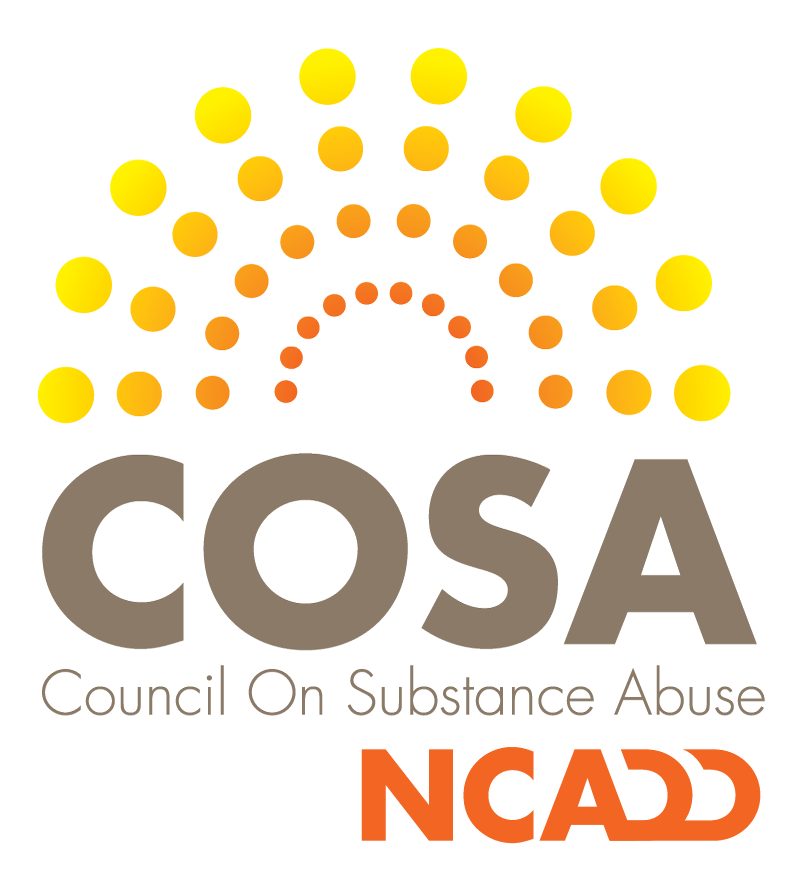YOU Serve Our Country,
Let US Serve You.
The Council on Substance Abuse (COSA-NCADD) is a 501 (c)(3) private non-profit organization founded in 1973 to promote the understanding that alcoholism and other drug dependence are preventable and treatable diseases.
Serving our country comes with many badges of honor – heroism, bravery, courage, patriotism, and pride. But it also comes with a mix of complex issues that are less discussed. Serving in the military means putting your life on the line; it means time away from loved ones; it can mean losing friends and family members on the frontline; it can mean witnessing acts of terror head-on.
Veterans often deal with trauma, flashbacks, and repercussions due to the events they experienced in war zones long after they’ve returned from battle. Left untreated, this trauma has the potential to lead to serious addiction or substance abuse issues, PTSD, mental health struggles, and beyond. It’s important to know you’re not alone – and that help IS available.
Many Veterans have problems managing alcohol, tobacco, and drug use. Even more, many don’t know how to cope with the mental aftermath of war. We’re here to help. Find out how to get support as a veteran; as a friend of family member of a veteran; or as a health care provider via Hope4Heroes.
You Are Not Alone.
PTSD and substance abuse are both common issues, especially for veterans just returning home from service. In fact, more than 20% of people who have served in the military struggle with BOTH addiction and PTSD, according to the U.S. Department of Veterans Affairs. Even more, 1 in 10 Iraq and Afghanistan vets claim to have a problem with alcohol or other drugs.
But no matter how difficult the situation may seem, recovery is possible. If you are a veteran in need of PTSD and/or addiction treatment – if you are a family member looking to help a loved one – or if you are a medical provider treating a war veteran, early detection and proper care are essential. Below we detail all the tools you’ll need to support your recovery and begin your healing journey.
RESOURCES
Treatment is an important step from PTSD and addiction recovery. Support from friends and family, however, is also essential for helping veterans who are struggling. Appropriate social support can help prevent a solider who is struggling from using unhealthy coping mechanisms, such as drugs or alcohol. Addiction and PTSD are family illnesses – recovery is also a family affair.
Contact Us





